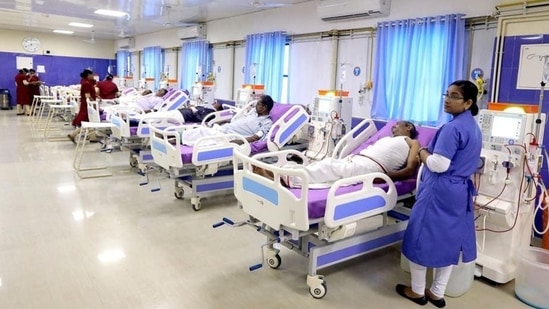Ayushman Bharat and the path to universal health coverage in India
The study has been authored by J Angel Blake and others.
Successive Indian national governments have stated a commitment to achieving universal health coverage (UHC). In spite of this, UHC remains an elusive aim, and the Indian health system continues to be characterised by substantial shortcomings relating to workforce, infrastructure, and the quality and availability of services. Public expenditure on health care in India remains at levels amongst the lowest in the world.

The government of India approved the Ayushman Bharat Pradhan Mantri Jan Arogya Yojana (AB-PMJAY) in March 2018 and has hailed the programme as a historic step towards achieving UHC in India. The scheme aims to publicly fund the health care of up to 500 million people and, if it lives up to its potential, represents a unique opportunity to institutionalise quality health care free at the point of service for the most marginalised Indians, improving the health of the population and drastically reducing or eliminating medical-related impoverishment. While many have already questioned the likelihood of successful implementation of the AB-PMJAY, the vast ambition of the programme presents an opportunity to pursue the systemic reform that India requires to meet its UHC aims. This will require an injection of resources into a chronically underfunded health system, but this must be accompanied by a focus on the interrelated issues of governance, quality control, and stewardship if the scheme is to sustainably accelerate India towards UHC.
The study can be accessed by clicking here
(The study has been authored by J Angel Blake and others)
All Access.
One Subscription.
Get 360° coverage—from daily headlines
to 100 year archives.



HT App & Website







